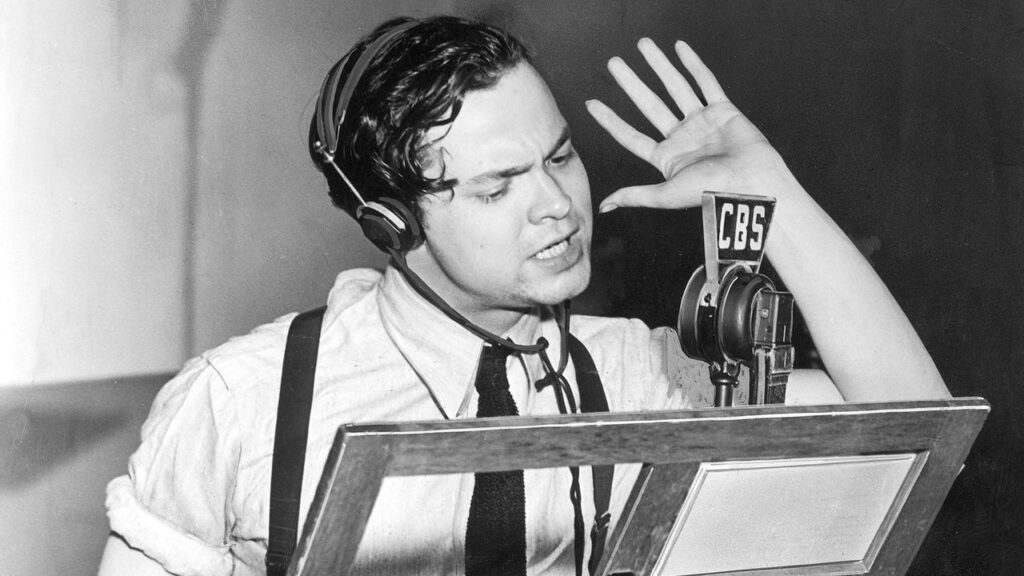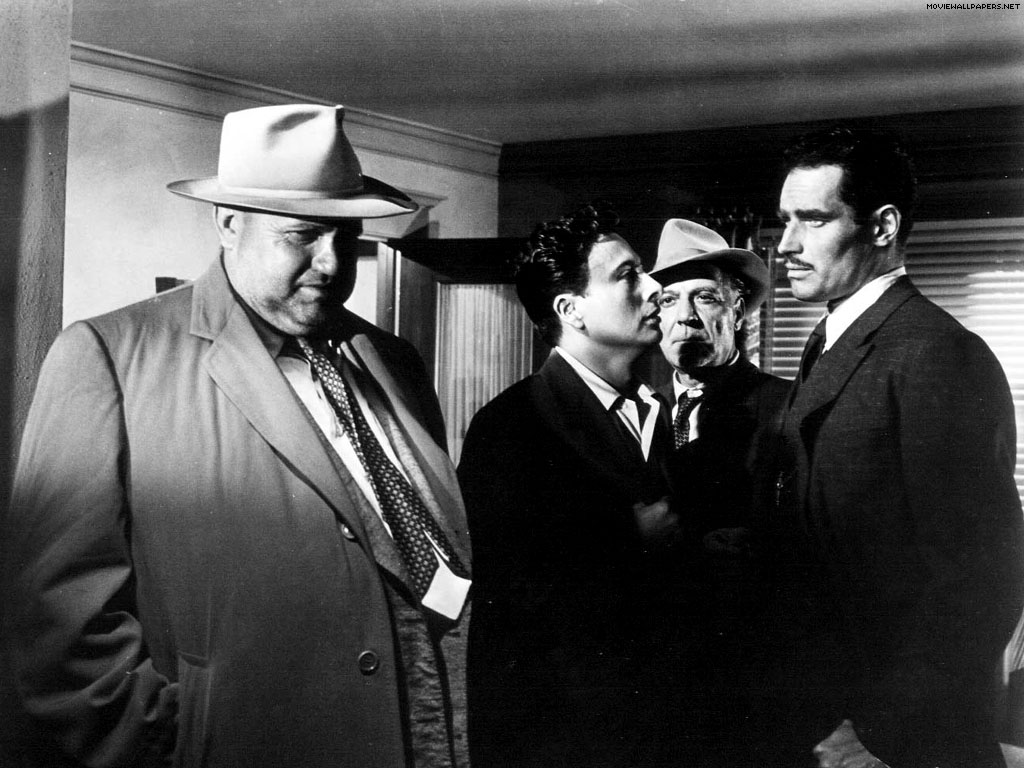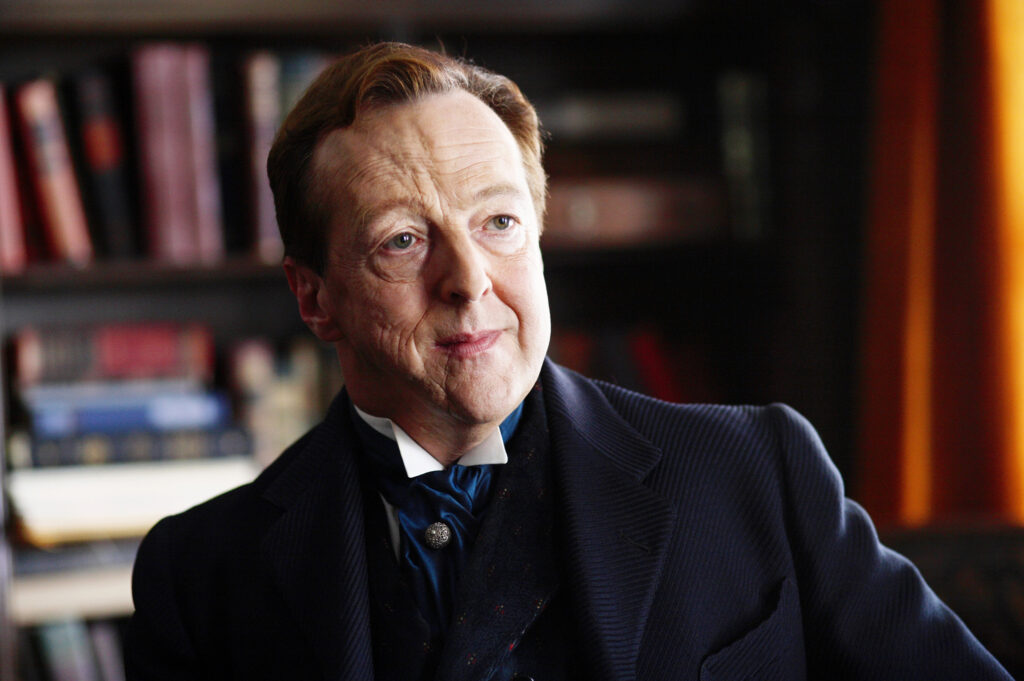How Orson Welles Revolutionized Film, Radio, and Theater?

Orson Welles remains a towering figure in the realms of film, radio, and theater, his contributions reshaping these mediums in profound ways. From his groundbreaking work on “Citizen Kane” to his innovative radio broadcasts, Welles’s influence reverberates through the annals of artistic history. This article delves into the multifaceted genius of Orson Welles, exploring how his vision and creativity revolutionized film, radio, and theater.
Orson Welles: A Creative Maverick
Early Life and Influences:
Orson Welles’s journey began in Kenosha, Wisconsin, where he was born in 1915. Raised in an artistic family, he showed early promise in acting and storytelling. Welles’s formative years were marked by encounters with literature, theater, and radio, shaping his artistic sensibilities.
Rise to Prominence in Theater:
Welles’s theatrical endeavors catapulted him into the limelight. At the tender age of 20, he made waves with his modern adaptation of Shakespeare’s “Julius Caesar,” set in a fascist context. This bold reinterpretation showcased Welles’s penchant for innovation and his willingness to challenge convention.
The Mercury Theatre and “War of the Worlds”:
In 1937, Welles co-founded the Mercury Theatre, a platform for experimentation and artistic expression. It was here that he orchestrated one of the most infamous radio broadcasts in history: “War of the Worlds.” This adaptation of H.G. Wells’s novel caused mass panic, demonstrating the power of radio as a storytelling medium and solidifying Welles’s reputation as a masterful provocateur.
The Cinematic Revolution: “Citizen Kane”
Birth of a Masterpiece:
Orson Welles’s directorial debut, “Citizen Kane,” remains a seminal work in cinematic history. Released in 1941, the film pioneered groundbreaking techniques in cinematography, narrative structure, and character development. Its depiction of the rise and fall of media mogul Charles Foster Kane challenged conventional storytelling norms, earning it widespread acclaim.
Innovative Storytelling Techniques:
“Citizen Kane” introduced audiences to innovative filmmaking techniques, such as deep-focus cinematography and nonlinear narrative. Welles’s bold experimentation with storytelling revolutionized the medium, inspiring generations of filmmakers to push the boundaries of cinematic expression.
Legacy and Influence
Enduring Impact on Film:
Orson Welles‘s legacy extends far beyond his own body of work. His innovative approach to storytelling continues to influence filmmakers worldwide, shaping the evolution of cinema as an art form. Directors such as Martin Scorsese, Steven Spielberg, and Quentin Tarantino cite Welles as a major influence on their craft.
Ongoing Reverberations in Theater and Radio:
While Welles’s filmography remains his most celebrated legacy, his impact on theater and radio is equally profound. His bold interpretations of classic works and daring experiments with new forms paved the way for future generations of playwrights and broadcasters.
FAQs (Frequently Asked Questions)
Who was Orson Welles?
Orson Welles was a prolific American actor, director, writer, and producer, known for his contributions to film, radio, and theater.
What is Orson Welles best known for?
Orson Welle is best known for his directorial debut, “Citizen Kane,” often regarded as one of the greatest films ever made. He also gained notoriety for his radio broadcast of “War of the Worlds,” which sparked widespread panic.
How did Orson Welles revolutionize film?
Orson Welles revolutionized film through his innovative storytelling techniques, including deep-focus cinematography and nonlinear narrative structure, showcased in “Citizen Kane.”
What impact did Orson Welles have on theater?
Orson Welle had a significant impact on theater through his modern adaptations of classic works and his founding of the Mercury Theatre, a hub for experimentation and artistic expression.
How did Orson Welles influence radio?
Orson Welles influenced radio through his pioneering use of the medium for storytelling, exemplified by his infamous broadcast of “War of the Worlds,” which demonstrated its power to captivate and unsettle audiences.
What is Orson Welles’s lasting legacy?
Orson Welle’s lasting legacy lies in his profound influence on the fields of film, radio, and theater, where his innovative approach to storytelling continues to inspire artists and audiences alike.
Conclusion
Orson Welles’s impact on film, radio, and theater is undeniable, his creative genius leaving an indelible mark on each medium. From the groundbreaking innovation of “Citizen Kane” to the provocative allure of his radio broadcasts, Welles’s legacy endures as a testament to the transformative power of artistry and imagination.




Leave a Comment